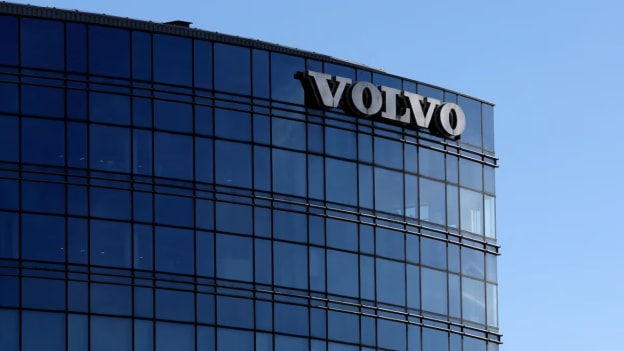Volvo’s $1.9B shake-up: HR and R&D jobs wiped out in layoffs

Volvo Cars is set for a significant round of layoffs, affecting 3,000 mostly white-collar employees, in a bold restructuring move aimed at curbing costs and reviving investor confidence. The Swedish automaker confirmed that departments including human resources, research and development (R&D), and communications will face major reductions, with the bulk of redundancies set to occur at its Gothenburg headquarters.
This decision, first reported by Reuters and detailed in a company press release, comes as Volvo Cars battles high operational costs, sluggish demand for electric vehicles, and escalating trade tensions, particularly with the United States. The layoffs represent approximately 15% of Volvo’s office-based workforce, signalling a deep internal overhaul.
“It’s white collar in almost all areas,” said Volvo Cars CEO Hakan Samuelsson, who recently returned to lead the company after a decade-long tenure that ended in 2022. “I think it will be very healthy, and will save us money and give space for people to take on bigger responsibilities.”
The restructuring is part of a wider programme to slash 18 billion Swedish crowns ($1.9 billion) in costs. Samuelsson’s plan, introduced in April 2025, aims to address not just financial pressure but also to rebuild faith in the company’s strategy and leadership.
Volvo's new Chief Financial Officer Fredrik Hansson echoed the sentiment, stating that “no stone is left unturned.” While all global locations and departments will be affected, Gothenburg — Volvo’s main base — will see the majority of the impact.
“The approach is tailored to make us structurally more efficient,” Hansson told Reuters. “How that plays out may vary depending on the department, but the goal is clear: long-term operational resilience.”
The decision comes at a time of great uncertainty in the global auto industry. Volvo’s share price has plummeted 24% year-to-date, prompting investor anxiety. While the announcement on Monday helped boost share prices by 3.6%, the company still has a long road to recovery.
One-time restructuring costs are projected at 1.5 billion crowns, the company stated. Although analysts like Hampus Engellau from Handelsbanken consider the layoff figures to be in line with expectations, he acknowledged that streamlining operations was a “positive and necessary” move for the company’s future.
Meanwhile, international trade pressures continue to loom large. With production concentrated in Europe and China, Volvo is more exposed to new U.S. tariffs than many of its competitors. The company has warned that its most affordable cars may no longer be exportable to the U.S., depending on the outcome of tariff negotiations.
Last week, former U.S. President Donald Trump threatened a 50% import tariff on EU goods from June 1. While the threat has since been delayed until July 9 to allow further discussions, the volatile geopolitical climate is adding further uncertainty to Volvo’s already complex challenges.
According to Volvo’s official press release, the company aims to finalise its new organisational structure by autumn 2025. This overhaul is not just about layoffs but will likely involve shifting responsibilities, leadership changes, and process streamlining across core business units.
The company’s move to withdraw its financial guidance for the year underlines how unpredictable the global market has become, especially for automakers navigating the delicate transition from traditional to electric mobility.












